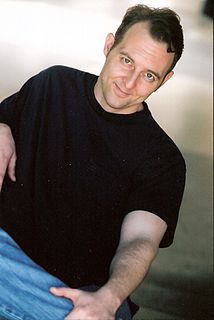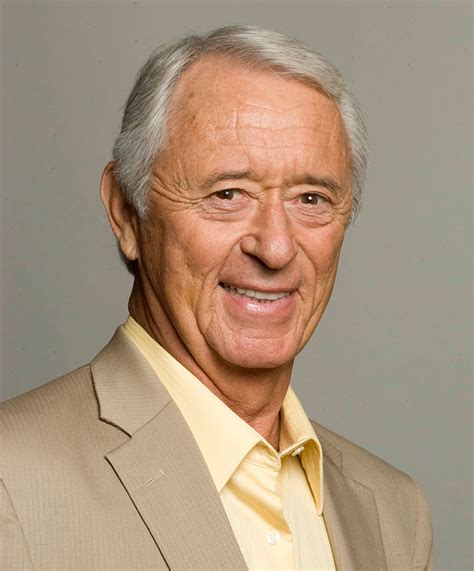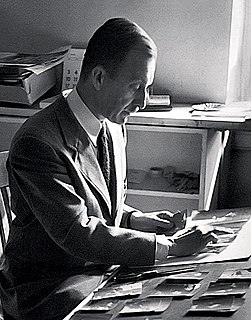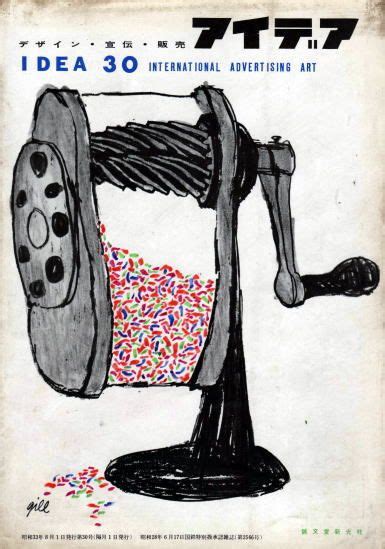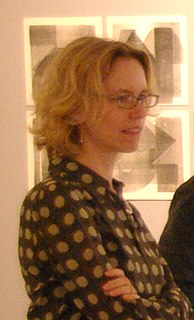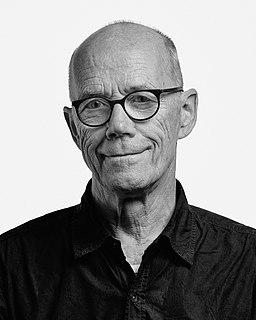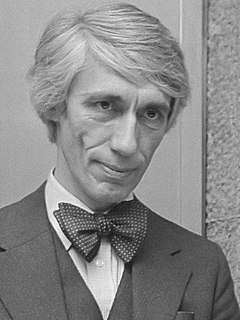A Quote by R. J. Palacio
No, no, it's not all random, if it really was all random, the universe would abandon us completely. and the universe doesn't. it takes care of its most fragile creations in ways we can't see. like with parents who adore you blindly. and a big sister who feels guilty for being human over you. and a little gravelly-voiced kid whose friends have left him over you. and even a pink-haired girl who carries your picture in her wallet. maybe it is a lottery, but the universe makes it all even out in the end. the universe takes care of all its birds.
Quote Topics
Abandon
Adore
Adore You
Being
Being Human
Big
Big Sister
Birds
Blindly
Care
Carries
Creations
End
Even
Feels
Fragile
Friends
Girl
Guilty
Her
Him
Human
In The End
Kid
Left
Like
Little
Lottery
Makes
Maybe
Most
Out
Over
Over You
Parents
Picture
Pink
Random
Really
See
Sister
Takes
Universe
Us
Wallet
Ways
Whose
Would
Your
Related Quotes
We are all connected to each other biologically, to the earth chemically and to the rest of the universe atomically. That's kinda cool! That makes me smile and I actually feel quite large at the end of that. It's not that we are better than the universe, we are part of the universe. We are in the universe and the universe is in us.
Man is only a reed, the weakest in nature, but he is a thinking reed. There is no need for the whole universe to take up arms to crush him: a vapour, a drop of water is enough to kill him. but even if the universe were to crush him, man would still be nobler than his slayer, because he knows that he is dying and the advantage the universe has over him. The universe knows none of this.
For myself, I like a universe that, includes much that is unknown and, at the same time, much that is knowable. A universe in which everything is known would be static and dull, as boring as the heaven of some weak-minded theologians. A universe that is unknowable is no fit place for a thinking being. The ideal universe for us is one very much like the universe we inhabit. And I would guess that this is not really much of a coincidence.
The absurdist is concerned with the search for meaning in the Universe. He believes this search to be meaningless--hence the disintegration of plot, character, and language in absurdist drama. Order is a falsehood that we, God, those who came before us, have imposed on a random universe. However, the absurdist is confronted with a curious paradox: though he believes the Universe to be meaningless, he cannot abandon the search for meaning--or he will die.
Part of the rationalist ethos is binding yourself emotionally to an absolutely lawful reductionistic universe - a universe containing no ontologically basic mental things such as souls or magic and pouring all your hope and all your care into that merely real universe and its possibilities, without disappointment.
When confronted with a demand that the universe have a cause, infidels have usually pointed out that God was not much of an explanation. This is true enough, but not really a positive argument. After mechanistic explanation became popular, infidels liked to restrict causality to the chain of causes in an eternal material universe, pointing out that no supernatural cause was then necessary. Plausible, but still rather defensive. Today's skeptic can do better. In all likelihood, the universe is uncaused. It is random. It just is.
Not only is the Universe aware of us, but it also communicates with us. We, in turn, are constantly in communication with the Universe through our words, thoughts, and actions. The Universe responds with events. Events are the language of the Universe. The most obvious of those events are what we call coincidence.
My grandmother lived in a universe filled with life. It was impossible for her to conceive of any creature - even the smallest insect, let alone a human being - as insignificant. In every leaf, flower, animal, and star she saw an expression of a compassionate universe, whose laws were not competition and survival of the fittest but cooperation, artistry and thrift. . . .
The physical universe that you see is all in your mind. When you turn your mind off, or become unconscious, the physical universe, for you, disappears. Then, when you awaken your consciousness, the universe reappears magically. Quite simple really - no thoughts on your part, no physical world. As Walt Whitman succinctly stated: "The whole theory of the universe is directed unerringly to one single individual - namely to You." Without your mind to process it, the universe simply disappears into nothingness.
The universe is random. It's not inevitable. It's simple chaos. It's subatomic particles in endless, aimless collision. That's what science teaches us, but what is this saying? What is it telling us, when on the very night that this man's daughter dies, it's me who's having a drink with him? How can that be random?
I'm naturally a graceful human being. So meditation helps me stay grounded. When we're silent for a moment, it helps us to hear the hum of the universe. Hear the message or what the universe is trying to tell you. It's your inner voice and instinct. If you're hearing that, then you're in the flow of things. It takes years to try and trust that.






